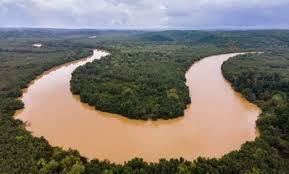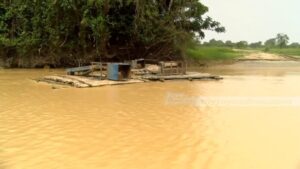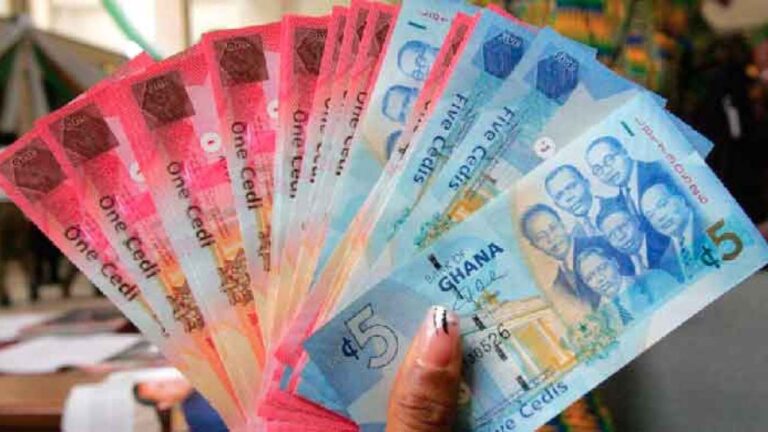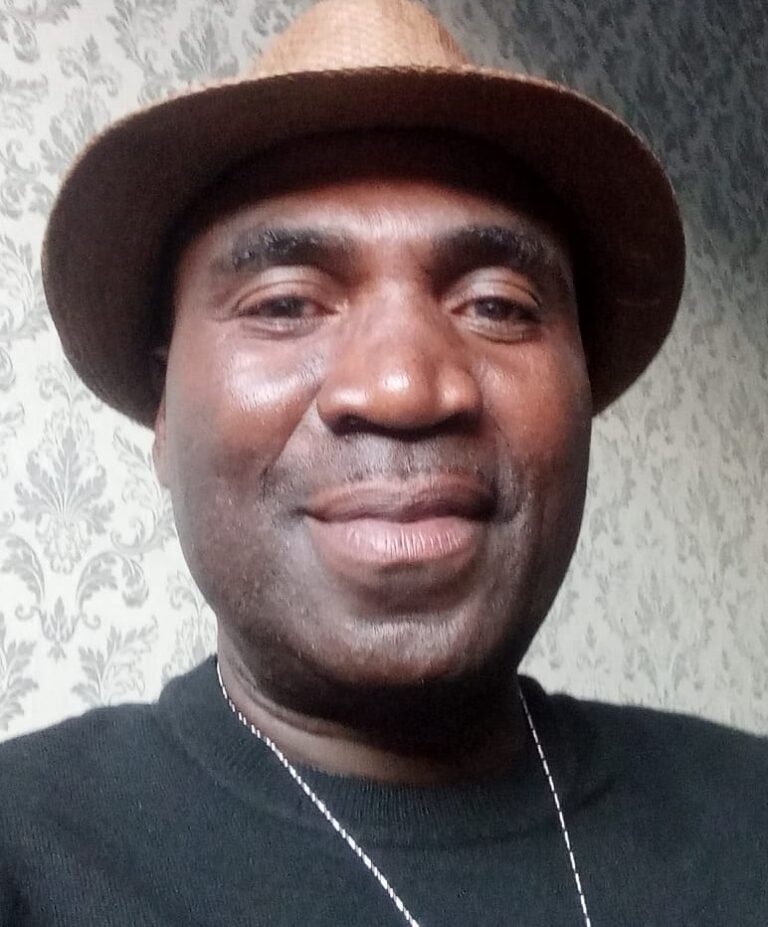
“It is challenging to combat a threat when your adversary keeps fueling the fire,”
In a 2019 Study in South Africa by Alan Martin titled “Uncovered. The dark world of the Zama Zamas” the author has this to say in his summary: “Illegal artisanal mining in South Africa is among the most lucrative and violent on the African continent, with lost production exceeding R14 billion (about USD$1 billion) a year. Current enforcement and policy responses, which criminalise illegal miners, are misguided, counter-productive, and ignore the poverty and socio-economic drivers behind the phenomenon. A more holistic, nuanced and multi-faceted approach is required from government and industry to address the lack of formalisation and the marginalisation of the illegal mining sector”.
On containment of the problem the Study said, “The levels of corruption made it easier for crime bosses and syndicates to do whatever they want across the illegality spectrum – whether it be drugs, prostitution or illegal mining,’ says one mine security chief. Zama Zamas complain that police regularly shake them down for bribes in return for not arresting them, or confiscate their gold and sell it directly to the syndicates.”
It continued that, “One of the most insidious aspects of high-level corruption was the alleged interference with public servants seen as threats to illegality or business affairs – interference that saw officials either forced from their jobs or resigning, leaving a ‘serial crisis of top management’.
“The complicity of local police in illegal mining also complicates efforts to contain the activities of the miners. Zama Zamas complain that police regularly shake them down for bribes in return for not arresting them, or confiscate their gold and sell it directly to the syndicates. One gun retrieved during an underground firefight was registered to the South African Police Service (SAPS), suggesting police collusion with the most violent strata of the syndicates”.
In Ghana whether we call it galamsey, “gather and sell”, or artisanal mining, the problems inherent in the practices within the South African experience are prominently present. The galamsey operators work in a criminal environment, driven by poverty and socio-economic factors larger than the rule of law.

Galamsey, which involves about a million people in Ghana mining illegally, provides employment opportunities. However, its negative effects are extremely damaging. The unregulated mining leads to land degradation, soil contamination, and the loss of clean drinking water in the mining areas. The most concerning issue is the severe pollution and biological death of all water bodies in those areas.
Due to their large numbers, politicians work to court their support to gain political power. For example, in 2020, while the New Patriotic Party (NPP) Government was combating illegal mining by passing laws and arresting offenders, John Mahama of the National Democratic Congress (NDC) was actively campaigning in support of the illegal miners. As a result, the NPP lost all seats in the galamsey areas.
With less than three months to general elections, the NDC has launched a vigorous campaign for the government to take action against galamsey. Some political observers point out that if the NDC claims to be against galamsey, they should organize demonstrations against it, similar to their past demonstrations against the Electoral Commission.
“It is challenging to combat a threat when your adversary keeps fueling the fire,” the observers remark.
The entire nation of Ghana must come together to combat this issue and resist politicians who seek to benefit from it, to prevent the fight from being political self-annihilation for those who choose to confront it.
Story: Oppong Baah







